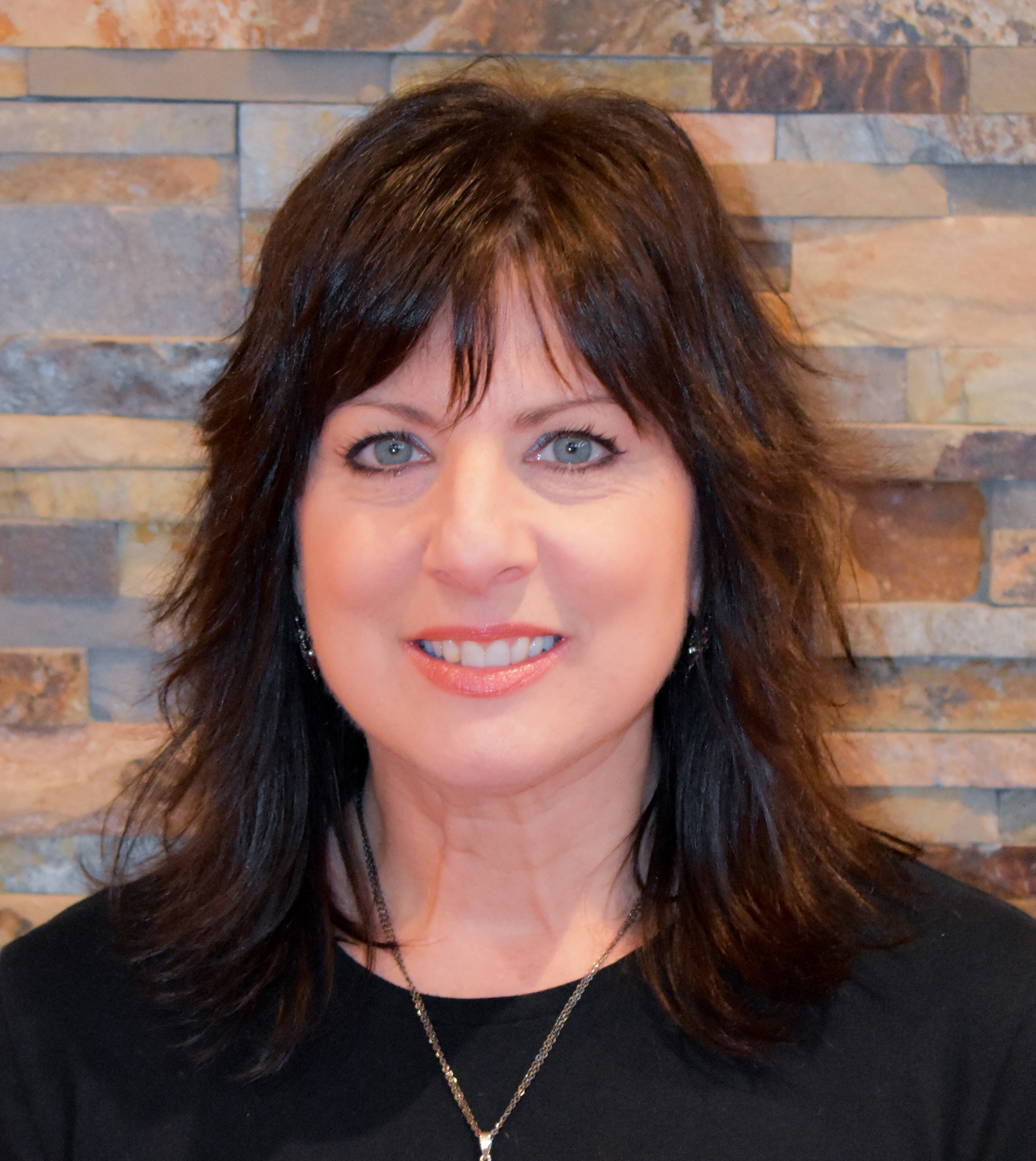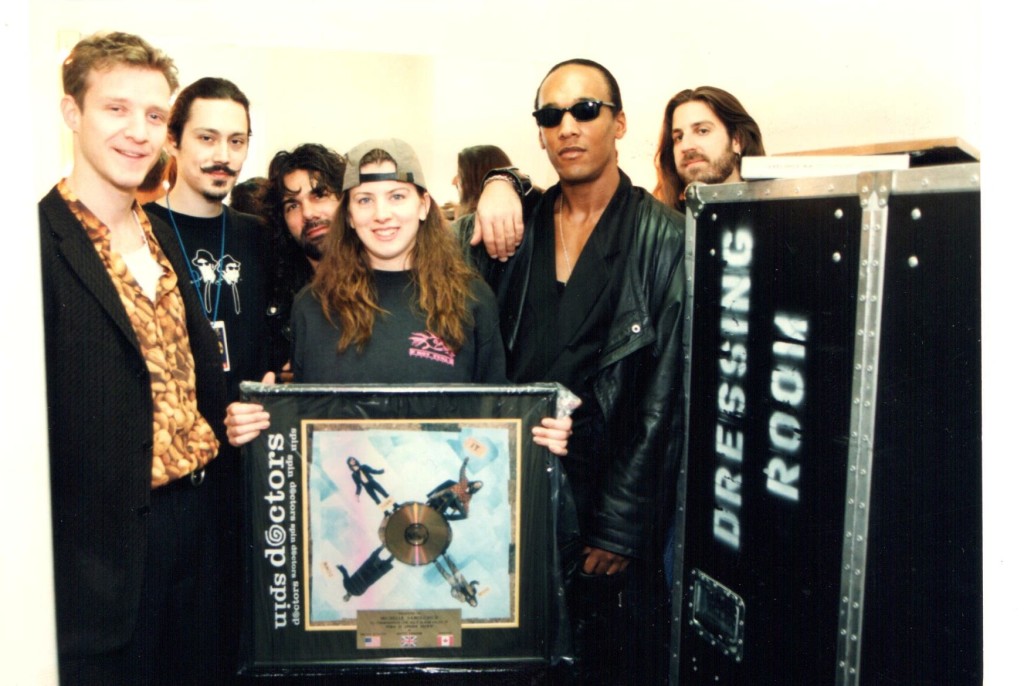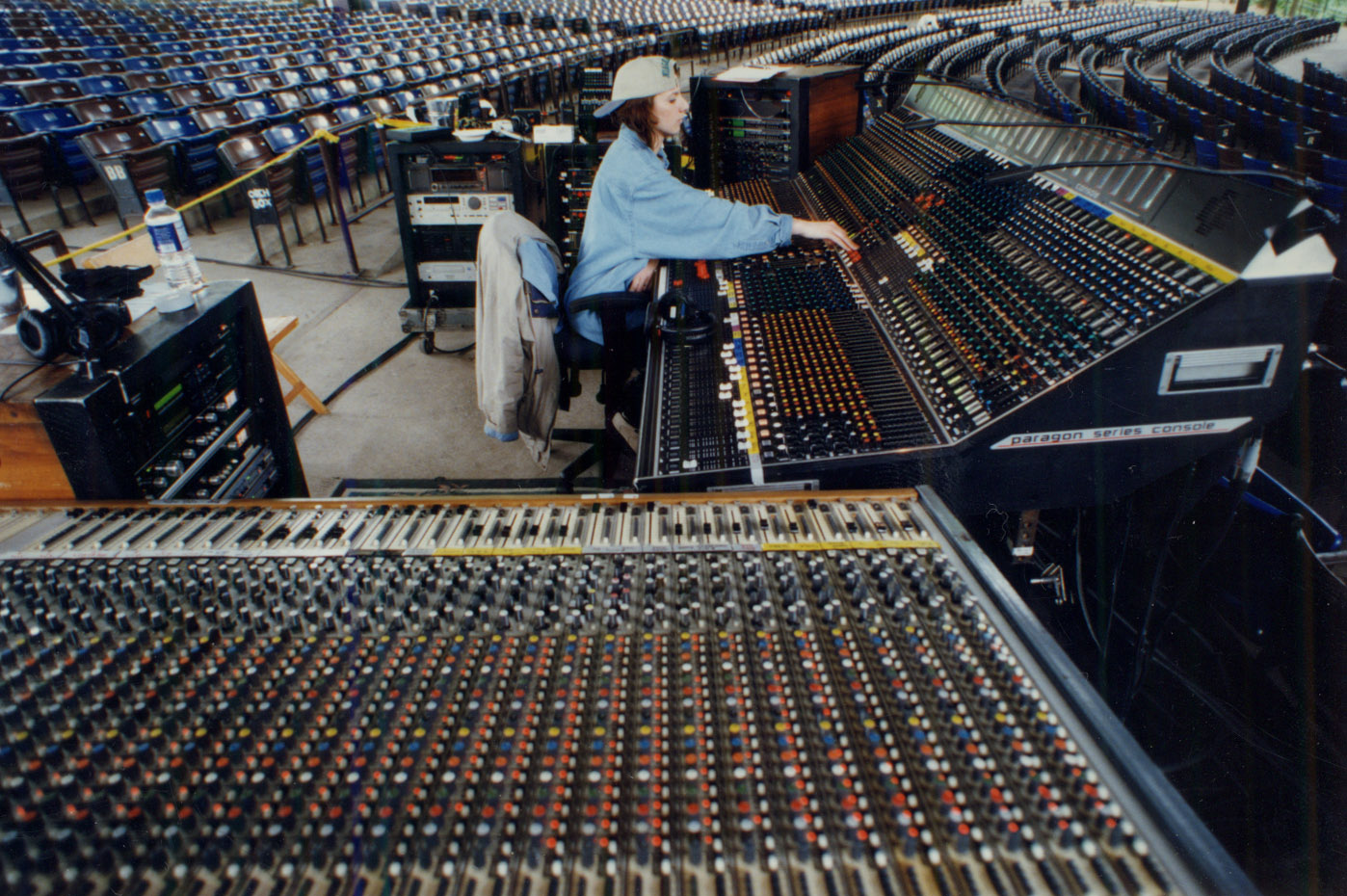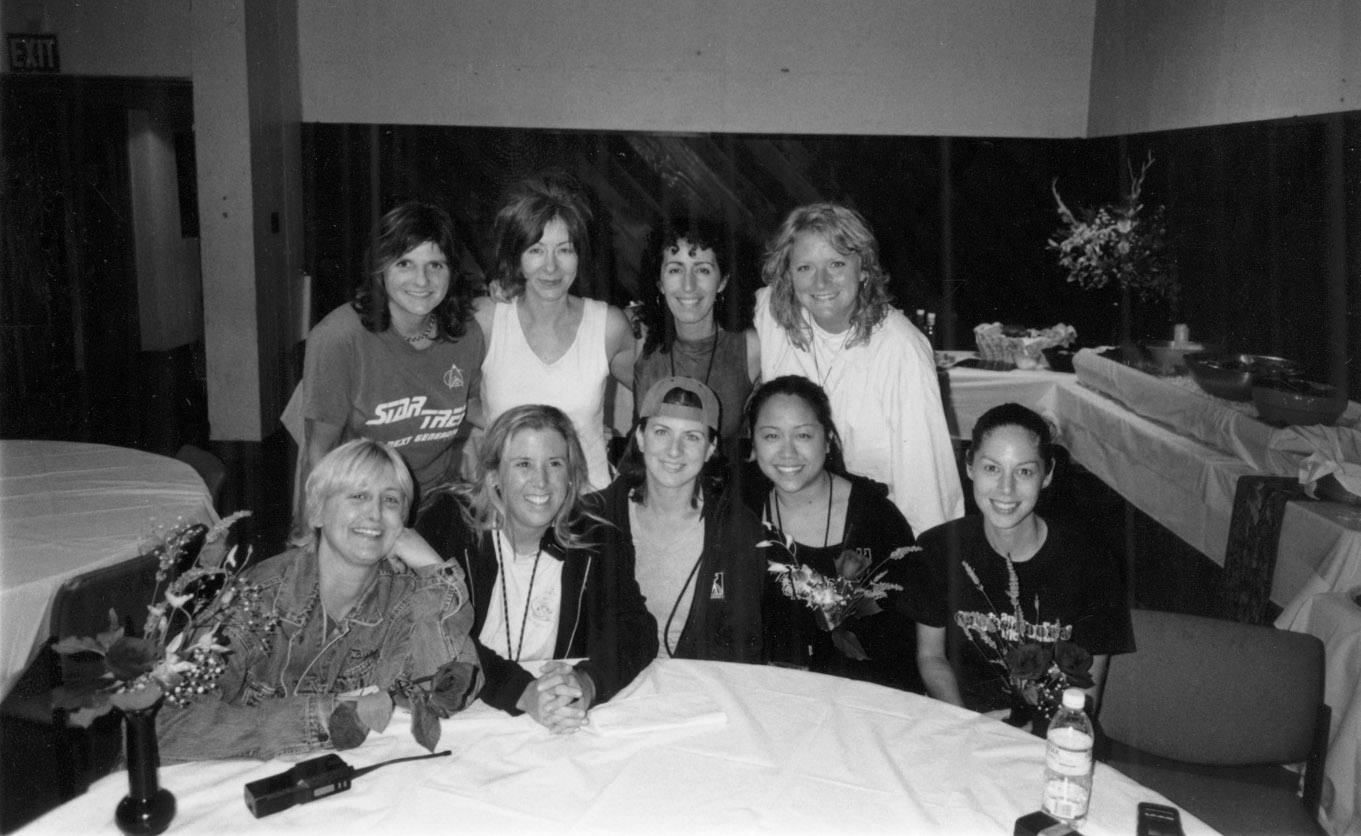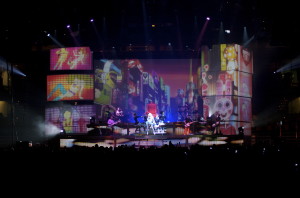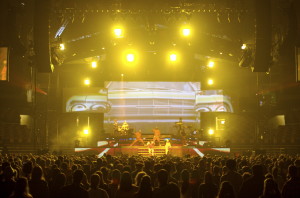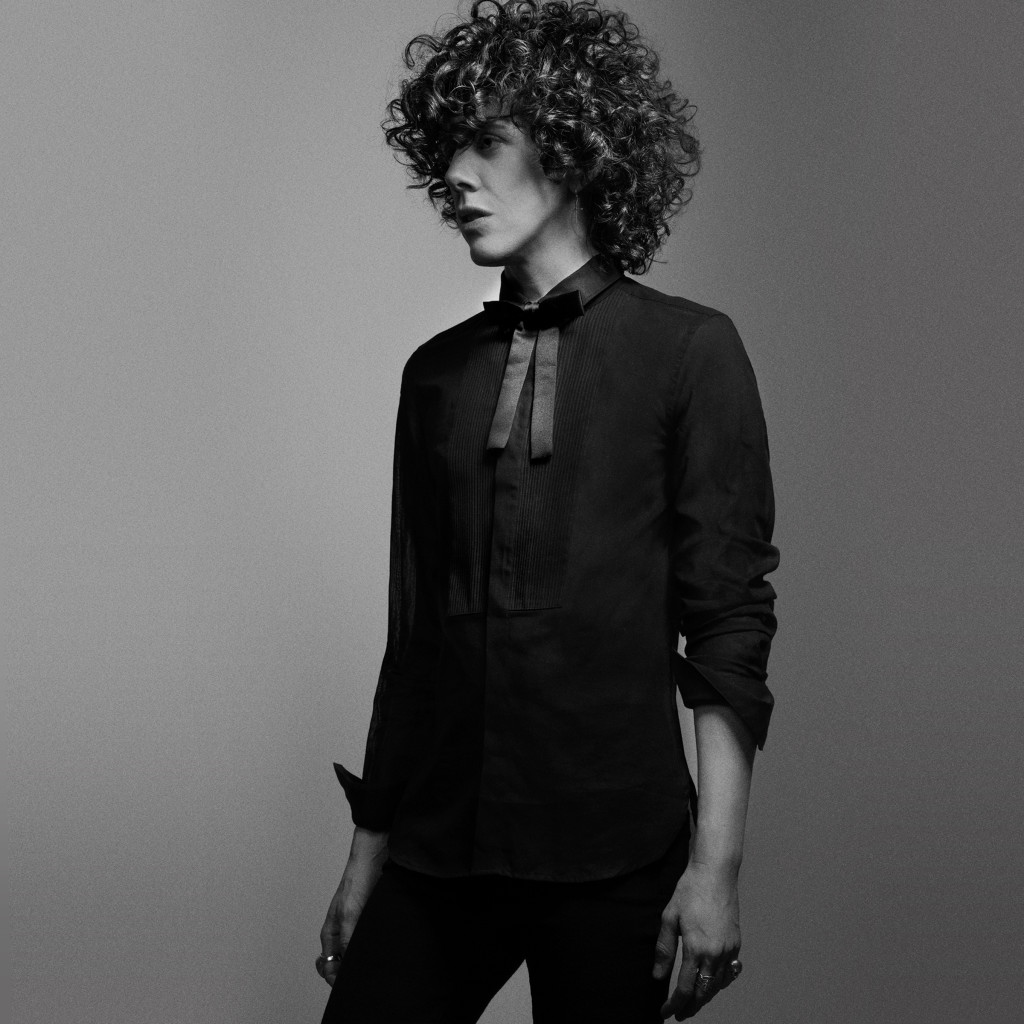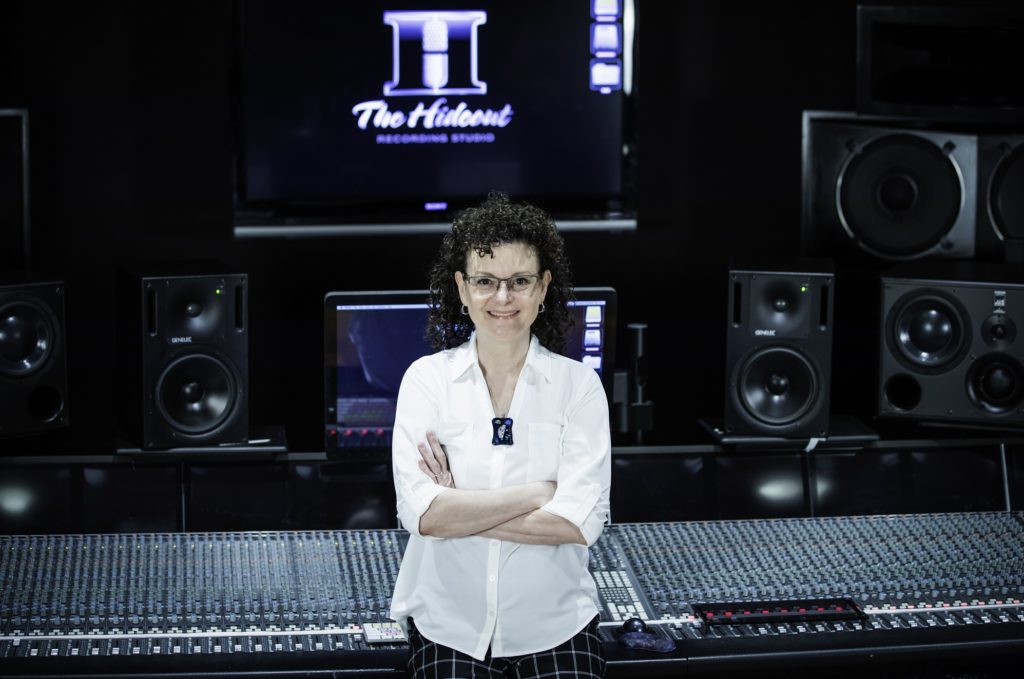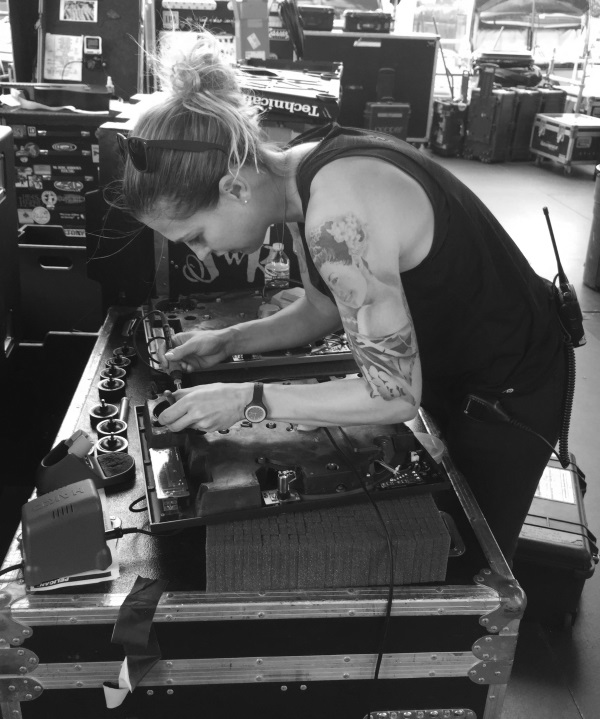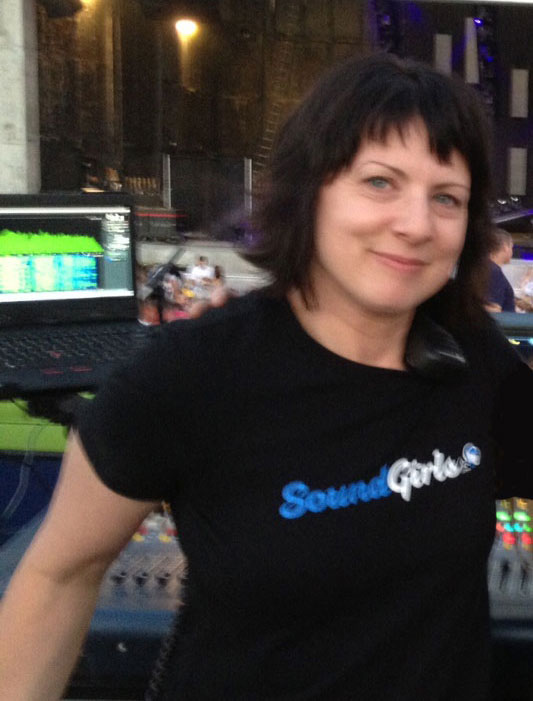 With a career in live sound that spans nearly 30 years, Michelle Sabolchick Pettinato has been the sound engineer for some of the most recognizable names in music.
With a career in live sound that spans nearly 30 years, Michelle Sabolchick Pettinato has been the sound engineer for some of the most recognizable names in music.
Since her first tour with the band ‘Spin Doctors’ in 1992, Michelle has been touring the world as an independent Engineer, mixing a variety of Rock and Pop artists including
Indigo Girls, Jewel, Gwen Stefani, Ke$ha, Mr. Big, Melissa Etheridge, Goo Goo Dolls, Styx and many more.
In 2015 Michelle was inducted into Full Sail University’s Hall of Fame. She is an active mentor and coach to those seeking a career in Live Sound and Music Production and has been a frequent speaker on industry and university panels and conferences.
Being in the right place at the right time
Michelle did her first tour as FOH Engineer in 1992. It came about as a result of years of hard work, making sure everyone she met knew that her goal was to get on the road, and a little bit of fate.
“I had been working in live sound for a few years, moving back and forth between Pennsylvania (where I was from) and Florida trying to find enough work to survive. When a job I was promised at a sound company in PA fell through, I had booked a ticket on Amtrak to move back to Florida where I had plenty of work. As fate would have it, on the day I was supposed to leave for Florida, Amtrak went on strike, putting my plans on hold. That very afternoon my friend, John Heidenriech, called to see if I would be interested in taking over his mixing gig with a band doing a national club tour. He needed to leave the tour and was looking for a replacement. They would be coming through my area in a few days and knowing how hard I worked and how badly I wanted to be on tour, he decided to offer me the gig. I was to meet the band a few days later at which point I would begin a two-week trial period. I had never heard of the band and didn’t care. I just wanted to get on tour. My trial by fire was a success, and I got the gig.”
The band was the Spin Doctors, and less than a month later their album broke through Billboard’s top 100 and shot up the charts. That was the start of Michelle’s 20+ year touring career as a FOH engineer.
But the real work had started much earlier……Is it something that you always knew you wanted to do and if so, how did you first become aware of a career in sound engineering?
“Music was always a huge part of my life. I began playing piano at a very young age and in high school would accompany friends for talent shows and vocal competitions. I played for the school chorus, church choir, etc… But in all of that, I hated being on stage. I hated being the center of attention, so I always knew that a career in the spotlight wasn’t for me. But behind the spotlight or soundboard as in my case, now that was a whole different story. As a kid, I was always fascinated with how things work, taking apart my dad’s broken reel to reel tape recorder and fixing it, dismantling my record players and other electronics. So when I was in Junior High, and it came time to answer the question ‘what do you want to do with your life,’ the answer just came naturally. I wanted to be a recording engineer. That way I could be creatively involved in making music but not have to be a performer. I didn’t even know if it was a career- as a matter of fact, my guidance counselor assured me it wasn’t and I would have to pick something else.”
Knowing of her interest in the music business, a good friend introduced Michelle to a local promoter who let her shadow him at his shows in order to get a taste of the business. “I remember we once had a fairly prominent regional band play at our high school auditorium and they were looking for people to volunteer as stage hands. My best friend and I were the only two people who showed up. The band, of course, were a bit stunned to find out that we were seriously interested in working and learning about the equipment and not just there to meet them and hang out. I think they got a kick out of watching us work, and the whole time they were in disbelief that these ‘chicks’ cared more about learning the soundboard than hanging out with them backstage.”
Michelle also had a strong desire to travel from a very young age. “Growing up in a tiny, tiny town- I wanted desperately to get out and see the world. In looking back, I think my entire childhood led up to this career and I can’t honestly see how I could have ended up doing anything else.”
How did you get your start? Did you receive any formal training or education in music and/or audio?
“Once I made the decision to pursue audio engineering, I really had no other choice but to get some training or education. There was no music scene where I lived, no studios to speak of where I could learn, and I had no idea how or where to even begin. After one year of college, majoring in music, I found out about the Recording Workshop in Chillicothe, OH. I took their 5-week course in Basic Recording Engineering and Studio Maintenance. After completing the course, I got a job at a brand new local radio station. I wanted to record commercials, but they told me I had to sell them first. I spent several months working there but quickly realized it wasn’t going to get me where I wanted to be. Next, I took a bus to Nashville to try and get a job in a recording studio. I spent three weeks walking around music row handing out my resume, (which consisted of entirely two lines- The Recording Workshop and WMGH) to every studio I could find. It didn’t take me long to realize I still had a lot to learn and this wasn’t going to happen easily. Young and naive was an understatement. But I had balls. After weeks of being graciously told ‘we’re just not hiring anyone right now,’ I came to realize that despite my five-week education, I still didn’t know enough about making records, and I needed to do something about that if I intended to ever work in this business. I moved back home and soon saw an ad for Full Sail, another technical school with a much more comprehensive 9-month program in music production. I enrolled, and it was while I was attending Full Sail that I fell in love with live sound.”
Paying her dues
Michelle began working immediately after graduating from Full Sail, starting with interning at a local sound company outside of Phili, where she worked ‘basically for free until I couldn’t afford it any longer.’ Her job entailed spending hours in the shop helping to build road cases, cleaning consoles, prepping gear for shows, cleaning up and putting away gear from shows, loading, and unloading trucks, building mic cables, repairing snakes, etc.… “On weekends after a full day in the shop, I would load a van full of gear, drive it to a gig, load in, set up, do the gig, load out, drive back to the shop and unload it, catch a few hours of sleep and do it all over again the next day.”
From there, she went on to do some studio work. “I got hired as an assistant which meant I made the coffee, cleaned up after sessions, ordered the takeout, got to play tape op once in a while (this was long before pro tools or the digital age of recording). On the upside, the owner was kind enough to let me practice mixing during the off hours when no sessions were booked.”
Unable to find enough work to make a living in PA, Michelle moved back to Florida, where she knew there was more opportunity. “I spent most of the next year there, working at the 50s and 60s nightclub- running lights and mixing, whenever the A1 and A2 were unavailable. I also took a job in the A/V department of a local entertainment complex, which gave me an opportunity to hone my troubleshooting skills, in between mixing various bands from oldies rock and roll to Dixieland jazz.” Michelle spent days working in the tech department, soldering, building, and repairing various pieces of equipment, setting up sound systems for talking heads and corporate functions, all the typical jobs you would find in an A/V department. “When I wasn’t working at either job I did stagehand work and also part-time work with another local sound company. I worked as much as I could, as hard as I could, and learned everything I could from everyone around me. In the meantime, I was sending resumes to all the national touring sound companies I had heard of.”
What obstacles have you faced?
“I came from a very small town with very traditional values and old-fashioned ideas; mainly that girls grew up, graduated, got married and started a family. If you wanted a job, you were pretty much relegated to one of the local factories or shops at the mall. There wasn’t much there for a strong, independent, unconventional girl like myself, who wanted to get out and see the world. When I made the decision to pursue a career in the music industry I was met with resistance everywhere I turned. My mother freaked out. My music teacher suggested a degree in music therapy, so I would have a career to fall back on. When I decided to go away to school to learn recording engineering, my friends thought I was crazy and couldn’t understand why I would move so far away all by myself. I was a pretty shy, quiet kid. I was fearless but at the same time scared of everything. So for me to pack up, leave home, my friends, and head off to school all alone was huge, but I was on a mission. I knew exactly what I wanted to do with my life and this was the first step.”
The music industry is a male-dominated field, which is especially evident in live sound. But that’s never stopped Michelle, and she feels it’s never really been a problem for her. “I was extremely driven from the start, and I’ve always taken the job seriously and focused on doing the best job I could. Sexism either didn’t happen or I just didn’t see it because I didn’t care. I was doing my job and doing what I loved, and I didn’t care what anyone else thought about it. When I was first starting out, I constantly heard, ‘You’re the first female engineer I’ve seen,’ and I would get a lot of sideways glances and strange looks but it’s never hindered me from doing my job. The bottom line is when you work hard and are good at your job, people notice and they respect you for that. Sure, I’ve run into the occasional sexist remark or guy who just couldn’t get his head around women being equal to men, but they’ve been by far the exception and not the norm. And there have been times I’ve felt that I had to work harder, smarter, faster than all of the guys around me to prove myself, but that just made me better at my job.”
“I’ve also had a lot of support from men in the industry. Mark Johnson of Fidelity Sound Reinforcement provided the PA for the very first tour that I did with full production. During that tour, he told me if I ever needed work to call him. I took him up on that offer and for several years early in my touring career, whenever I was home for more than a few weeks, I would head to VA Beach and work for Mark. He treated me like an equal right from the start, even though he had years of experience on me. ML Procise and Clair Bros. have also always been incredibly supportive from early in my career as well as my husband of 16 years, Production Manager Jim Pettinato.”
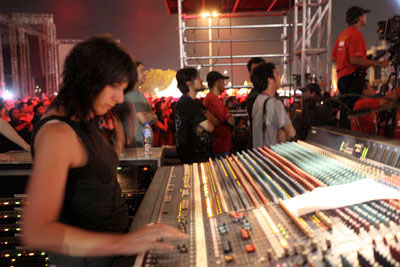
What are some of the lessons you have learned throughout your career?
“On my very first tour with Spin Doctors, I did one club gig with the band before we went on to join the Horde tour festival, on which we never had a soundcheck. Talk about trial by fire. I mixed my ass off learning how to pull together a mix from nothing more than a line check over headphones, and as fast as possible since our set length was only 30 minutes. This was eons before digital consoles, so I was starting from scratch every day on a console that all the bands shared, there was no- plugging in your thumb drive and loading your file from the last gig… We went on from there to headline clubs and colleges and then bigger venues. In 1994 we spent a few months opening for the Rolling Stones on their Voodoo Lounge tour. I was mixing in NFL Stadiums and NHL Hockey Arenas all over the country as well as soccer stadiums in South America where I mixed my biggest gig ever, in front of 100,000 people. Again, we never had a soundcheck, and the pressure was on to pull it together quick for our 30-minute set.”
Michelle credits the early days of having to mix on ‘whatever crap PA of the day’ in making her a better engineer. “You really hone your skills by having to pull off miracles.” It also helped improve her troubleshooting skills. “9 times out of 10 there would be something wrong with the house system, and oddly enough, the house guy rarely seemed interested in fixing it. So I would spend half my day tracking down bad lines, mismatched crossovers, bad amp channels, you name it. Back in those days, the quality of the equipment left a lot to be desired. You could have a top of the line system one day and a pile of proprietary garbage the next. Sometimes it was completely different speaker cabinets on the left and right! Everyone and their brother was building a PA in their garage, and most of them had no idea what they were doing. Luckily things have progressed tremendously; it’s rare to find a really bad system these days.”
What do you like best about touring?
“The relationships you build with people. Your fellow band and crew become your family. You can form some really close bonds with the people you work with. I met my husband on tour and some of the bands and crew I’ve worked with over the years are my closest and dearest friends. The nature of the job is that we are our own little rolling community and we’re all in it together working for the same result- to make the show happen no matter what.”
“I also love and hate the travel. I love getting to see the world and touring Europe/ Japan/ Australia, but I hate the excruciatingly long flights to get there. It’s time for someone to invent the transporter!”
“It’s always been about the music. It’s never been about doing the biggest tours or mixing the most high profile artists. It’s been about mixing good music, and I am lucky to have witnessed some great musical moments and have had the opportunity to work with so many inspiring and incredibly talented musicians. Best of all, when the lights go down in the arena and the crowd goes crazy, and the air is buzzing with energy and excitement as the band hits the stage, the feeling of knowing that you played a part in making all of that happen, is pretty great.”
Advice you have for other women and young women who wish to enter the field?
Be Persistent and don’t wait for someone to offer you your dream gig, you have to go out and make it happen.
Learn everything you can from every job you have and never stop learning.
Learn signal flow, proper gain structure, and basic troubleshooting. If you have these skills, you can mix on any console.
Train, trust, protect, and use your ears- They are the most valuable tool you have, and best of all they are free!
Don’t be afraid to ask questions.
Don’t be afraid to network and let everyone you meet know what your goals are.
Work hard, work smart, and know your craft.
Have confidence in yourself and your abilities and don’t be afraid to admit what you don’t know, no one expects you to know everything.
Be ready for opportunities and have the courage to take them.
Most importantly- USE YOUR EARS! Your ears are the most valuable tool you have when mixing. Train them, learn how to mix with your ears and not your eyes.
Must have skills?
Along with working well with others, being a self-starter, and having a thick skin, you’ve got to be able to hang with the guys and be comfortable around men, because you will be working and living with them. It’s a male-dominated field and if you don’t like working and living with a bunch of dudes- this isn’t the right place for you. Just as someone who can’t deal with the sight of blood shouldn’t be a doctor. Guys are guys, and while there are always exceptions, more often than not they are respectful of their fellow crew women. I’ve actually been told on more than one occasion by the TM and/or PM, that they like having at least one woman on the crew, it tends to bring the whole testosterone thing down a notch.
Final thoughts
Don’t ever let anyone tell you that you can’t do something. When I decided this was my path, everyone told me I couldn’t do it, and I just said ‘watch me.’ It doesn’t matter where you come from, what your background or resources are if you work really hard at following your dreams, set goals, and tell everyone you know what your goals are, you’ll be amazed at how the right people will come into your life. If you stay true to your dreams and goals, things will happen for you. But it takes work; it doesn’t mean saying I want to be an “insert occupation here” and sitting around on facebook all day whining and wishing for it to happen. It means setting goals and knocking on doors and going after your dreams. Be dedicated, be motivated, and show initiative, when people see that, doors will open for you.
We caught up with Michelle for a 2019 update:
Michelle recently created and launched Mixing Music Live, an online video course for live sound and mixing. She continues to be a full time touring sound engineer and can be currently found on tour mixing Elvis Costello.
More on Michelle:
The SoundGirls Podcast – OG Soundgirl Michelle Sabolchick Pettinato on touring & live sound
Michelle Sabolchick Pettinato | Hall of Fame – Full Sail University
Pro To Pro: Catching Up With FOH Engineer Michelle Sabolchick Pettinato
